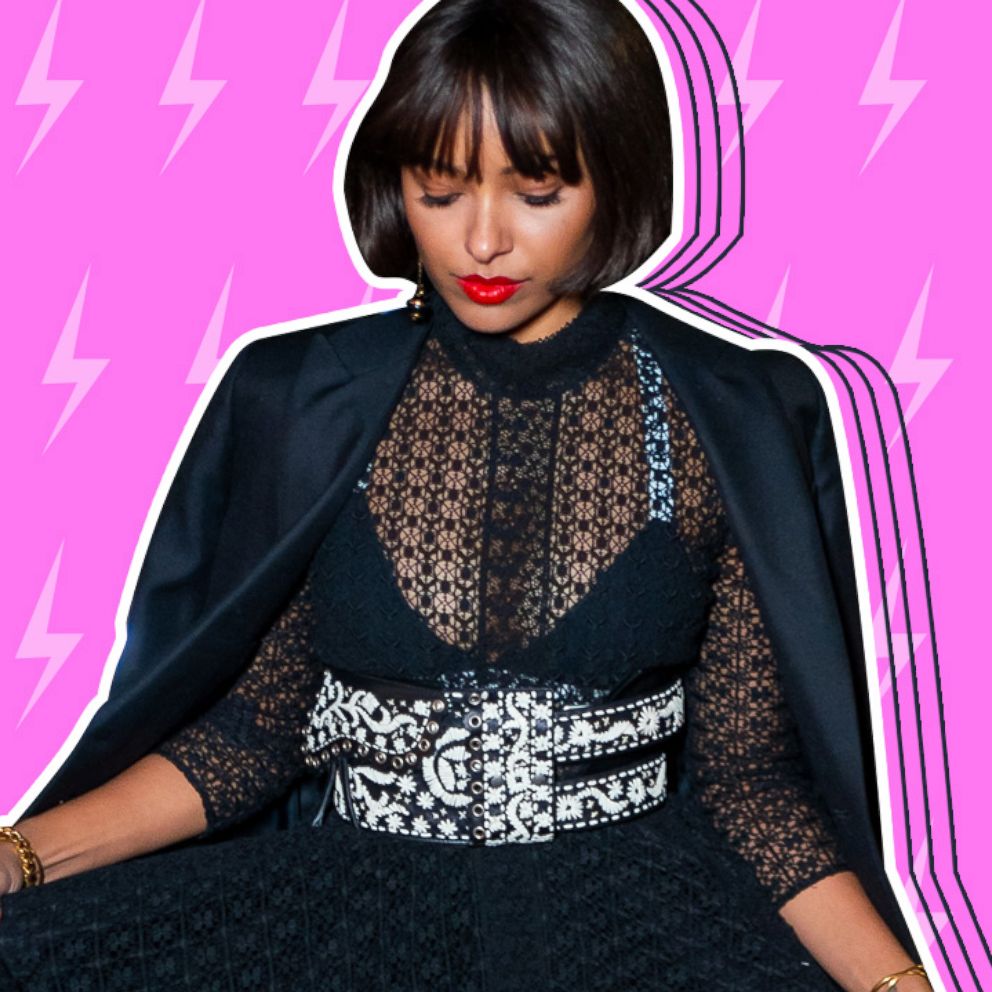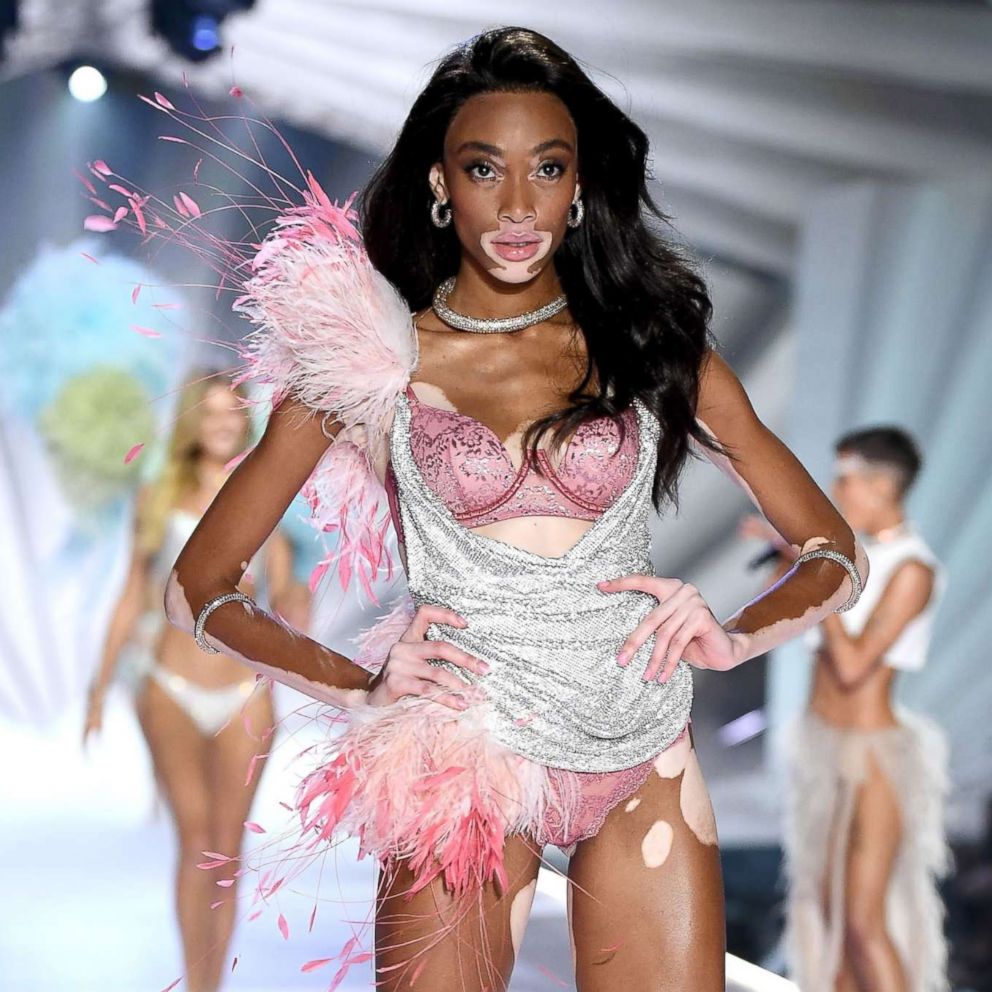Instagram influencer accused of so-called 'blackfishing' denies claims she pretended to be black for followers
Emma Hallberg, 19, has nearly 250,000 followers on Instagram.
A self-proclaimed model and Instagram influencer with nearly 250,000 followers is denying claims that she is blackfishing, a term being used to describe someone who is pretending to be black.
“I haven't done anything to make myself look darker,” Emma Hallberg told “Good Morning America.” “I get the tan naturally when I've been in the sun.”
Hallberg, 19, faced a storm of backlash online after a Twitter user last week posted two photos of her, one showing her with much lighter skin and straight hair.
Others on Twitter began accusing her of darkening her skin and altering her hair and lips to capitalize on beauty trends and get brand endorsements. Many said they had assumed Hallberg was black or biracial.
(MORE: Here's why a New Jersey middle school teacher is wearing the same dress for 100 days)
"Taking deals made for black girls and posing as black to manipulate and boost followers is a big deal," wrote one Twitter user. "Blackface is a big deal when black people are out here being murdered because of our skin color."
Hallberg, who is of Swedish descent, insists her looks are natural.
"I cannot change the way I was born because the things I've been accused of and the things people are mad about are things that are natural on me like my hair, my lips, my nose, my face," she said. "I've never claimed to be black or biracial or anything else than white."
Lauren Jackson, a Ph.D. student at the University of Chicago who is writing a book on race and cultural appropriation, said she believes Hallberg should listen to her critics.
"If a large group of people are telling you that something you're doing is taking advantage of what is ultimately part of a racist legacy in worldwide and American history, then she should listen to that," Jackson told "GMA."
Hallberg is not the first Instagram-famous model to be accused of blackfishing.
Last year, Jaiden Gumbayan apologized for "perpetuating a culture of appropriation" after she was accused of wearing blackface after appearing visibly darker in photographs.
Naomi Ghebremedhin contributed to this report.







